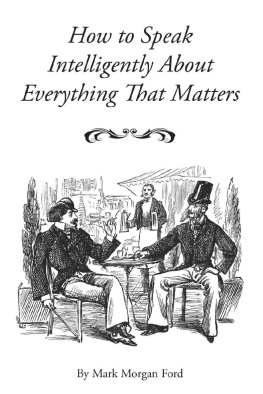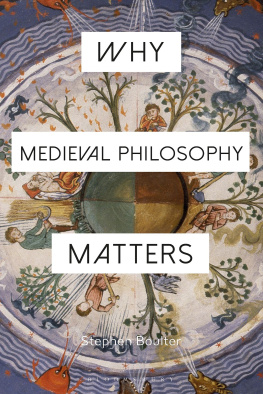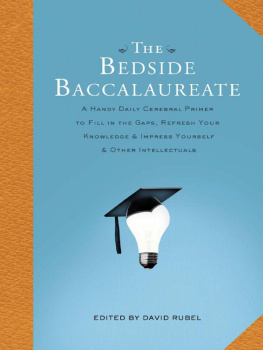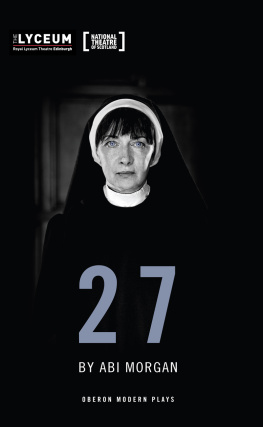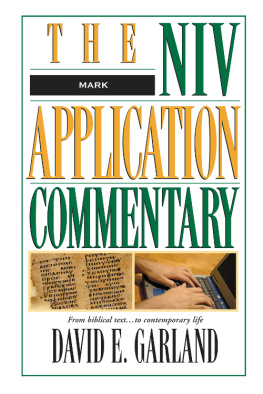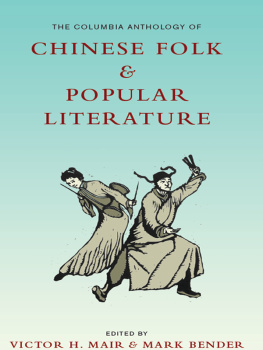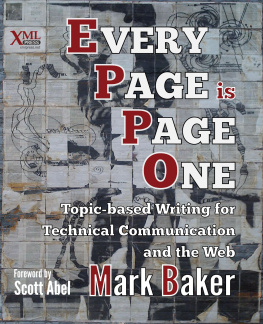There are many people who helped make this book possible, including Judith Strauss, Jenny Lee Allen, Suzanne Snider, Starr Daubenmire, Suzanne Mulligan, and Jesse Parker. In particular, I would like to thank the following distinguished people for their valuable contributions related to their areas of expertise.
Andrew Ford is Professor of Classics at Princeton University. He has a BA from Cornell University and a Ph.D. from Yale University.
Martine Gantrel is Professor of French Language and Literature at Smith College. She has degrees from the cole Normale Suprieure and the Sorbonne.
Tom Morris is a public philosopher, Chairman of the Morris Institute for Human Values, and author of twenty published books, including True Success, If Aristotle Ran General Motors,If Harry Potter Ran General Electric, and Philosophy for Dummies.
Stefan Schmidt is an Adjunct Professor at North Carolina State University. He has a Ph.D. in Electrical Engineering and has authored or co-authored more than ten international conference papers.
Introduction
By words we learn thoughts, and by thoughts we learn life.
Jean Baptiste Girard
One of the best learning experiences I ever had was an introduction to classical thought. It was a course offered by Queens College and taught by an exceptional teacher: Lillian Feder.
My exposure to ancient Greek and Roman literature was minimala Mary Renault novel and a few Hollywood movies. So I eagerly looked forward to discovering many important and timeless ideas. To my chagrin, Professor Feder told us that we would be spending the first several weeks learning the meaning of a dozen Greek words.
Ridiculous, I thought. I dont need vocabulary lessons. Im in college. Im here to think!
Happily, I didnt voice my objection. Had I spoken up, I would have been obliged to tell Professor Feder how wrong I was. Those vocabulary lessons changed my life.
Thanks to Professor Feder, I began to think in a serious way about drama, literary criticism, and rhetoric. The words we learned were old. They were employed by Aristotle 2,400 years ago in the Poetics, his great treatise on literary theory. It was my first acquaintance with hubris, hamartia, catharsis, and peripeteiawords that gave me a deeper understanding of not just Oedipus Rex and King Lear but also CNBC and Fox News.
Hubris, for example, is commonly used as a synonym for pride. But as Professor Feder explained, Aristotle meant much more than that. He meant the kind of pride that comes with ambition, is excited by greatness, and provokes arrogance.
Professor Feder wanted to make sure we understood the difference between the way a parent might feel seeing his child perform at a school play, and the hubris of a president who believes he is above the law and breaks it without considering the consequences. That sort of distinction is not semantics. It is a necessary discipline for anyone who wants to talk about important ideas in a serious way.
Ordinary wordscarefully usedcan be soldiers in lifes battle against inanity, dullness, and nonsense. Marshaled properly, they can push our thoughts and feelings toward useful discussions and lively conversations. And certain words can be lieutenants or commanders or even generals, guiding us toward a more satisfying experience of life.
This book presents 1,280 nuggets of information that can help you speak intelligently about everything that matters. That includes people, places, books, essays, films, poems, plays, and works of art that you should be familiar with. It also includes nearly 600 commanding words and phrases that, in my view, can enrich your life.
In defining those words, I have worked to make their meanings simple and useful. Simple enough to be understood readily and remembered easily. And useful in helping to make sense of some worthy part of the world. In most cases, the definitions are straightforward. An iamb, for example, is a two-beat poetic foot in which the second beat gets the stress. But in some cases, I have been more expansive and have provided examples to illustrate my points.
The book is organized like a reference manual. To make it easier to use, Ive divided it into categories: Art, Architecture, Literature, Poetry, Theater, Tools of the Writers Trade, Literary Criticism, Le Mot Juste, and Philosophy.
But its not a reference in the standard sense. I dont expect you to consult it when an unfamiliar word comes up in reading or conversation. Google and Wikipedia are better for that. But I do expect you to be intrigued by some of the ideas you will find here. And I am hoping that will inspire you to dig much deeper into those ideas on your own.
Page by page, this book will help you become a more precise and polished conversationalist. It will help you exchange ideas with educated people without feeling foolish and humble foolish people without being pompous.
Think of it as your private regiment of soldiers, ready to be mobilized in your campaign to conquer bad thinking and acquire the spoils of a rich cultural life.
Your Cultural Vocabulary
Culture is, in the most fundamental way, what defines us. It is who we are and how we are different from other people. It is the bedrock in which we anchor our identities.
Culture is consciousness. It is the minds filter through which life comes into focus. It is the soil from which human experience grows.
The Liberal Arts refers to the seven areas of higher learning taught during the Middle Ages (generally defined as European history from the fall of the Roman Empire in the fifth century to the Renaissance). They are called liberal because they were thought to be things a free person should know. (Liber is Latin for free.) Slaves and serfs were thought to need only vocational training, the practical arts.
The seven Liberal Arts were divided into two groups. First, one studied the Trivium (the three paths): grammar, rhetoric, and logic. Advanced students went on to the Quadrivium (the four paths): arithmetic, geometry, music, and astronomy.
Culture matters. And so it behooves us to think about it. But to think about it long or deeply, we need intellectual tools. We need tools for digging, tools for measuring, tools for making connections.
In the pages that follow, you will find the core essentials. Not an entire tool chest, by any means, but the key terms that will help you explore the culture of our times, as well as other times and other places.
When delving into art and architecture, literature, philosophyeven math and sciencethere are several major historical periods that are sure to come up. So, in roughly chronological order, lets kick off your cultural vocabulary with those.

